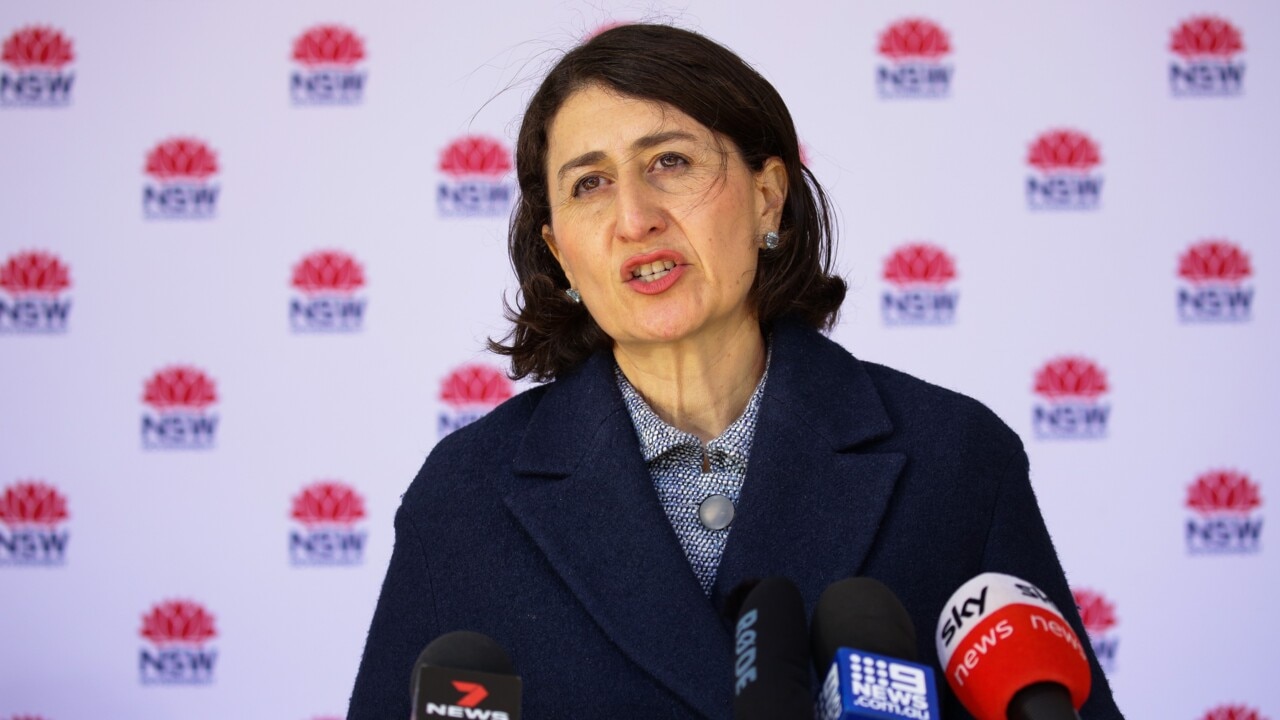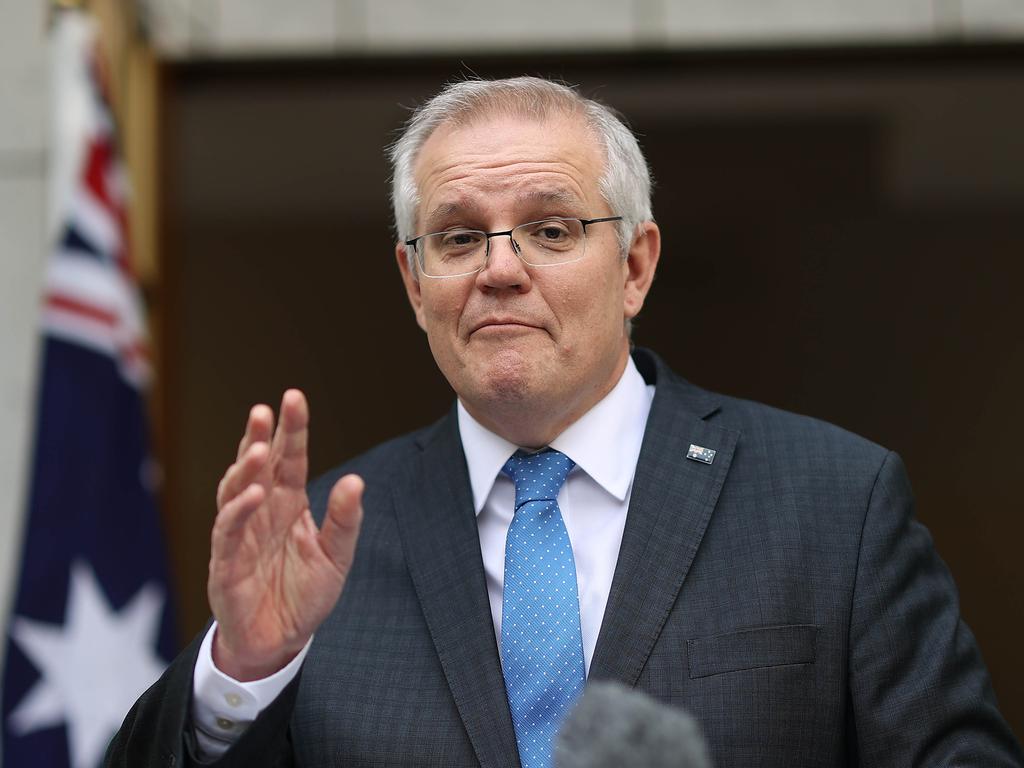Coronavirus: Gladys Berejiklian move to end daily briefings a good idea poorly executed


At best, they have remained a lifeline of information for communities in search of accurate, updated news on the spread of Covid-19, as well as a gauge on the success and failure of lockdown strategies.
At worst, they became taut, stage-managed affairs that deflected journalistic inquiry, confused and wore-out the audience, and attempted to pass off lacklustre government decision-making with much bloviating and the occasional bit of chicanery.
These efforts continued seamlessly on Friday when Ms Berejiklian dropped something of a bombshell, announcing that these regular briefings, a unifying experience for millions of people languishing in lockdown, will be no more.

From Monday they will be replaced with sterile video briefings conducted by NSW Health officials, with intermittent appearances from the Premier and other politicians on a needs basis to answer questions.
Of course, this was somewhat inevitable; it is right and proper for these press conferences to eventually come to their natural conclusion. But Ms Berejiklian’s decision, announced on a day when the state recorded more than 1500 fresh cases of Covid-19, landed as a stunning and grossly premature turn of events.
Justifying her reasoning, the Premier spoke of a need to evolve, to learn to live with the virus. This is certainly true, and it is equally true that once higher vaccination levels are reached, the need for incremental updates on case numbers and locations will reduce in urgency.
But with 46 per cent of the state fully immunised, and with a looming crisis expected to unfold across the health system, Ms Berejiklian’s decision has all the appearances of a good idea that has been poorly-timed and ill-thought out.

Consider: in approximately one week the state is forecast to reach the peak of its crisis. Case numbers will likely enter the neighbourhood of 2000 cases per day and hospitalisations will surge – in a few weeks time – to overrun intensive care units.
There has arguably never been a more appropriate time for Ms Berejiklian to provide a guiding hand as leader, but also to present clear-eyed facts to the public and confront important questions. As ICUs experience unprecedented pressure, and the best of the pandemic plans are tested, the need for answers will become paramount.
It is regrettable, too, that Ms Berejiklian’s daily press briefings have offered one of the only remaining checks on power during this lockdown, at a time when residents have ceded unprecedented levels of power to her government and endured the ignominy of curfews.

Since June 26 the NSW parliament has been closed, and just last week Ms Berejiklian ordered ministers to boycott a sitting of the NSW Legislative Council, planned for this month. The order, given on the flimsy pretext of avoiding the spread of Covid, jarred with the Covid-safe planning drawn up by a cross-party working group of MPs.
Perhaps the most stunning declaration of all was the Premier‘s straight-faced claim that her government “prides itself on having the most transparent information available”, and that it alone can establish “very accurately” when to address the community.
Remarks such as these expose a fundamentally confused position on the concept of accountability. For it is never solely up to governments to decide when communities should be bestowed with critical, transparent information, not least of all during a public health emergency.







A bit like exercise, teeth-brushing and other necessary morning evils, the Premier’s 11am press briefings have quickly become regarded as a dull but immensely important daily ritual.